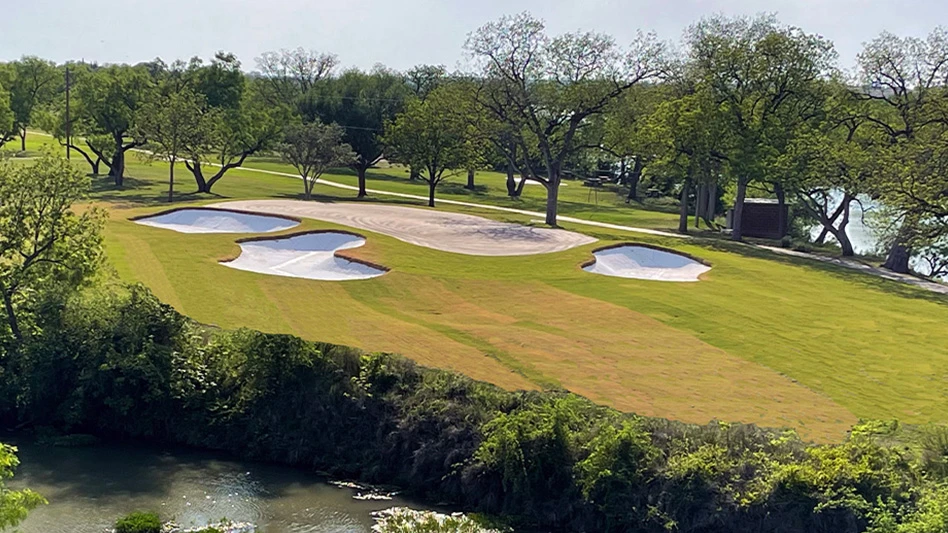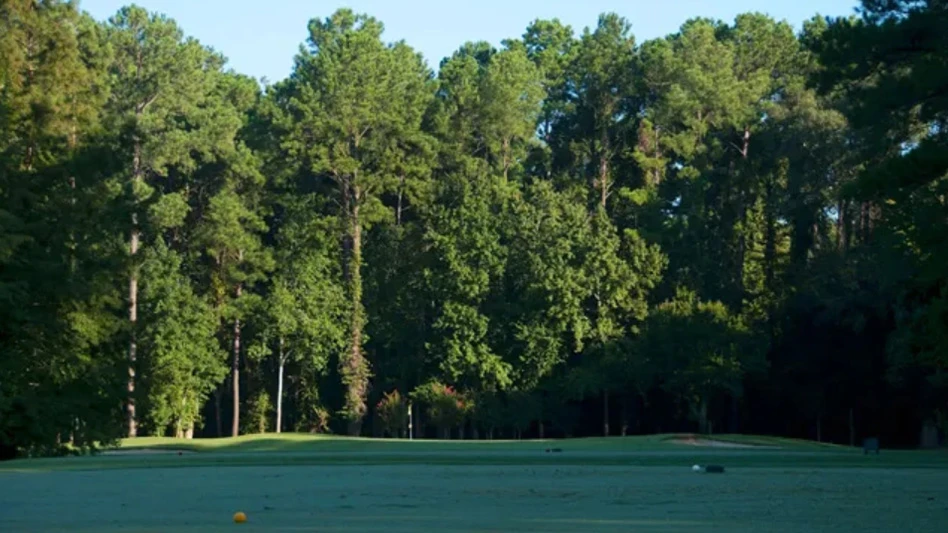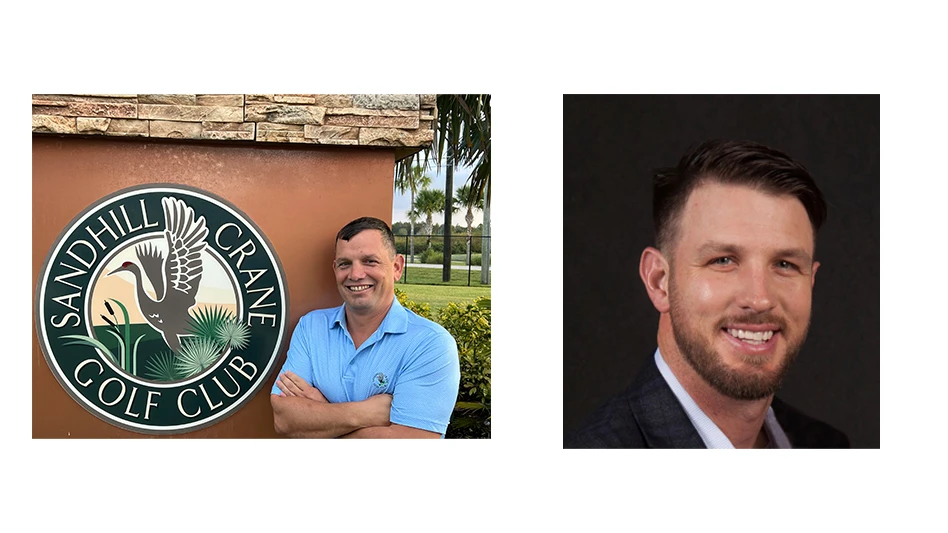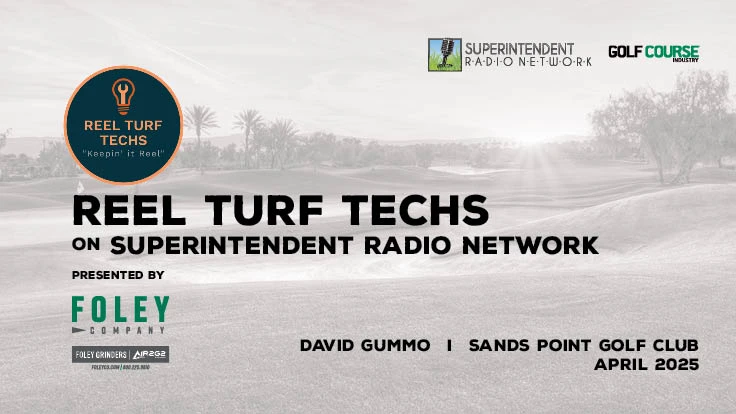
When’s the last time you told your doctor his diagnosis was wrong and that he was incompetent? Or you pronounced his judgment as “unacceptable” because he was suggesting you had to avoid doing something you wanted to do?
I’ve always thought that the hardest part of a golf course superintendent’s job is not growing turf or managing budgets. It’s managing the unrealistic expectations of golfers – more specifically, the uninformed judgments of those decision makers at facilities to whom one immediately answers. Usually, that means the civilian members of boards and committees, who take their turn at running things when, to be honest, they probably have little expertise in the matters they oversee. In no other arena of recreation, entertainment or consumer behavior, does the client get to run the business. Symphony music fans don’t get to conduct the orchestra. Buying a new car does not qualify you to run the dealership. For reasons I have never understood, golf evolved differently, to the point where an academically trained turfgrass expert must answer to a money manager or a funeral director.
As usual, I exaggerate some to make a point; it has to be very difficult for someone who spends their career managing turfgrass to answer to someone who does not. The problem is compounded in golf because the player/member is usually vested with strong opinions and considerable confidence in his or her opinions whereas the golf course is one of those unique structures in which 95 percent of what it takes to make the place work is invisible, underground, and subject to the vagaries of nature and science.
We all have seen those well-run clubs where the general manager has respect for the agronomic side of things and the director of golf is on the same page as the superintendent when it comes to protecting the course. And there are those clubs where the green chairman has bothered to learn his or her job and works to enable the superintendent’s vision rather than battle it. Such clubs are guided by a long-term understanding of their character, identity and the humble place that members assume as they subordinate their ego to the larger culture. Green chairs don’t try to establish their mark on the place. The GM appreciates the need to limit play so the place does not get beaten up. And the pro knows enough to avoid running golf carts out there at seven-minute tee time intervals because of the need to protect the grounds.
One of my favorite things to do in golf is accompany the superintendent during a course walk with an architect, an independent expert or a USGA Green Section agronomist during a Course Consulting Service visit. Listening to a superintendent talk about his or her facility is like getting treated to a graduate level seminar or workshop. The conversation is high level, but it’s also filled with respect, love, humor and the kind of emotion that reveals what motivates people to choose golf course management as a career. That’s precisely why I always advise superintendents to take their committee out on the course when discussing turfgrass issues.
Indoors, the conversation always goes differently. That same voluble, expressive superintendent who bubbled over for hours about this or that patch of turfgrass when outside suddenly gets stilted in tone and limited in detail when facing a committee in a board room. Some of it is because of self-censorship – a natural response when we face the people who hired and who can fire us. But it’s also because in such settings there is an inherent defensiveness as the superintendent is expected to explain and defend practices that folks are questioning. And when they question the practices and wonder if things could be made better they are also questioning the competence and integrity of the superintendent.
The gap is about knowledge on one side and power on the other. In an ideal world and at an ideal club – and yes, they do exist – there is some balance or relationship between expertise and authority that allows things to proceed in an orderly fashion. But where the greenkeeper’s knowledge is being challenged and where the ability to make hiring and budget decision is vested independently of technical expertise, you have a volatile situation where the hired hands are being second guessed and second guessing themselves. They end up losing confidence. The immediate consequence is that the superintendent doesn't quite feel comfortable enough to express what they really know. The long-term effect is insecurity, frustration and emotional instability. Work is no longer fun. It’s a chore. And then real trouble starts, devolving into a negative spiral that leaves everyone unhappy.
The answer is simple. Anything that helps golfers, decision makers and club officials have more respect for agronomic detail and the superintendent’s expertise contributes to a better club culture all around. And to a better golf course.
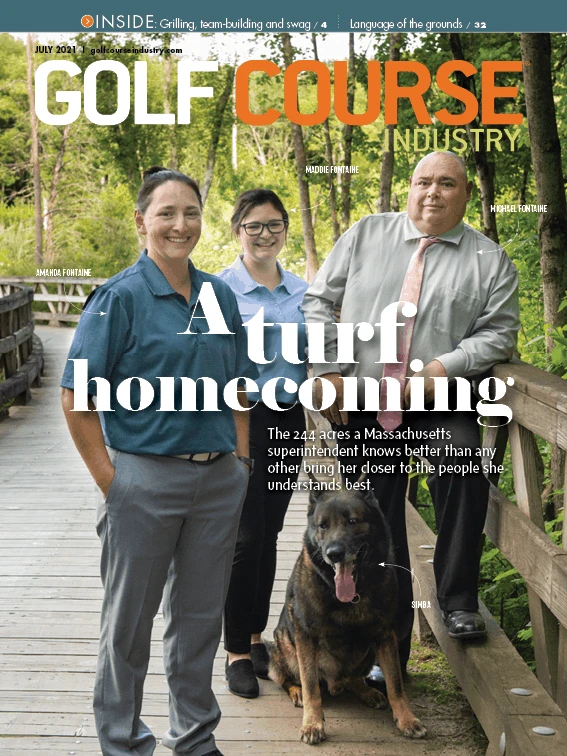
Explore the July 2021 Issue
Check out more from this issue and find your next story to read.
Latest from Golf Course Industry
- Greens with Envy 66: A Southern spring road trip
- GCSAA’s Rounds 4 Research auction begins
- Quali-Pro hires new technical services manager
- KIOTI Tractor boosts sales leadership, introduces compact loaders system
- Envu adds three new sales managers
- Ahead of the sustainability curve
- From the publisher’s pen: Watery dilemma
- The Aquatrols Company hires marketing manager
